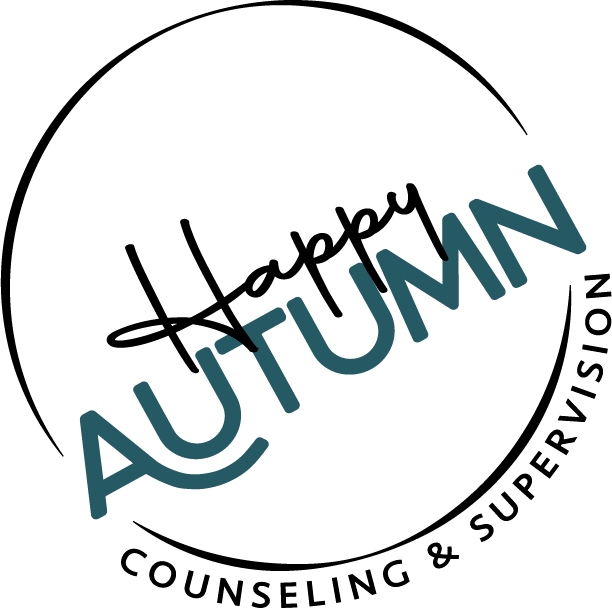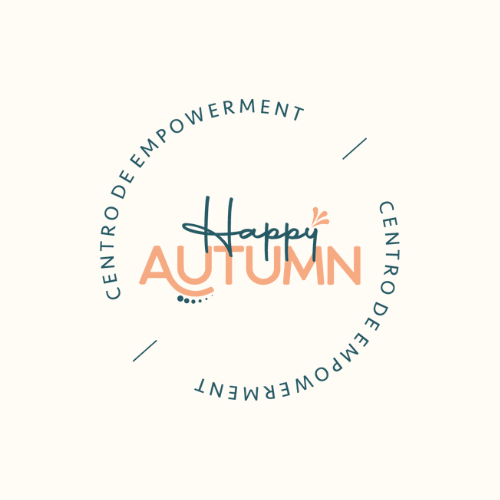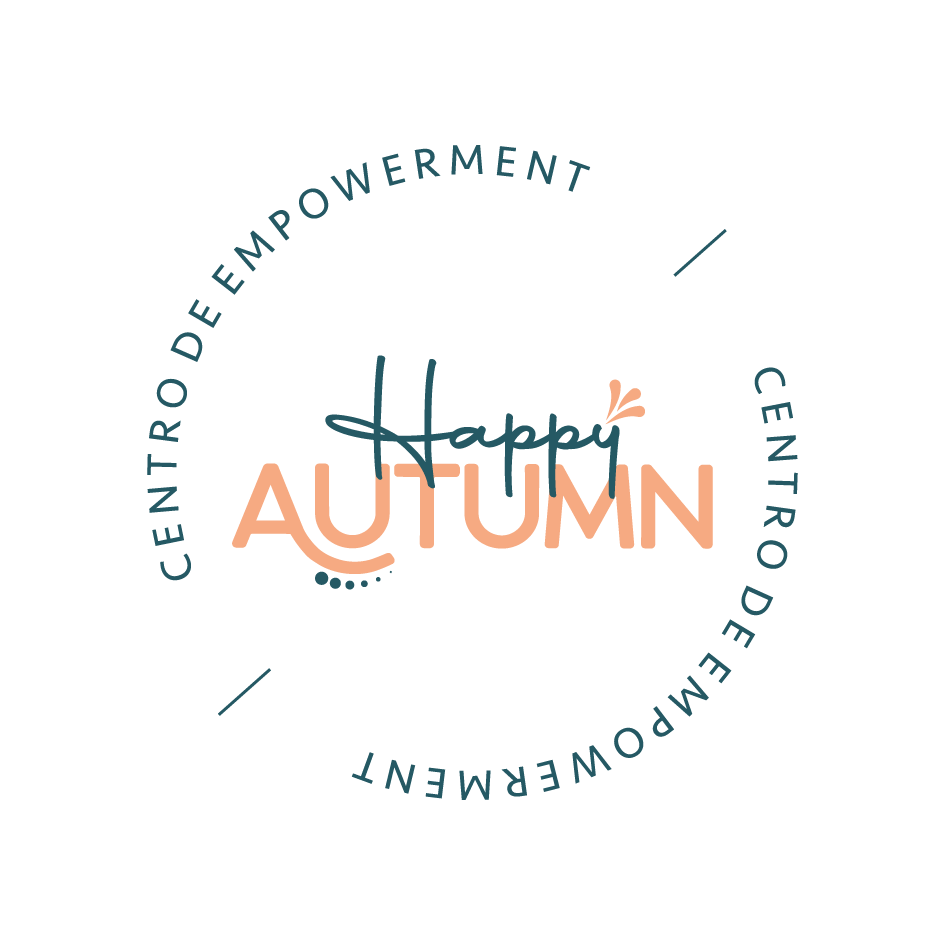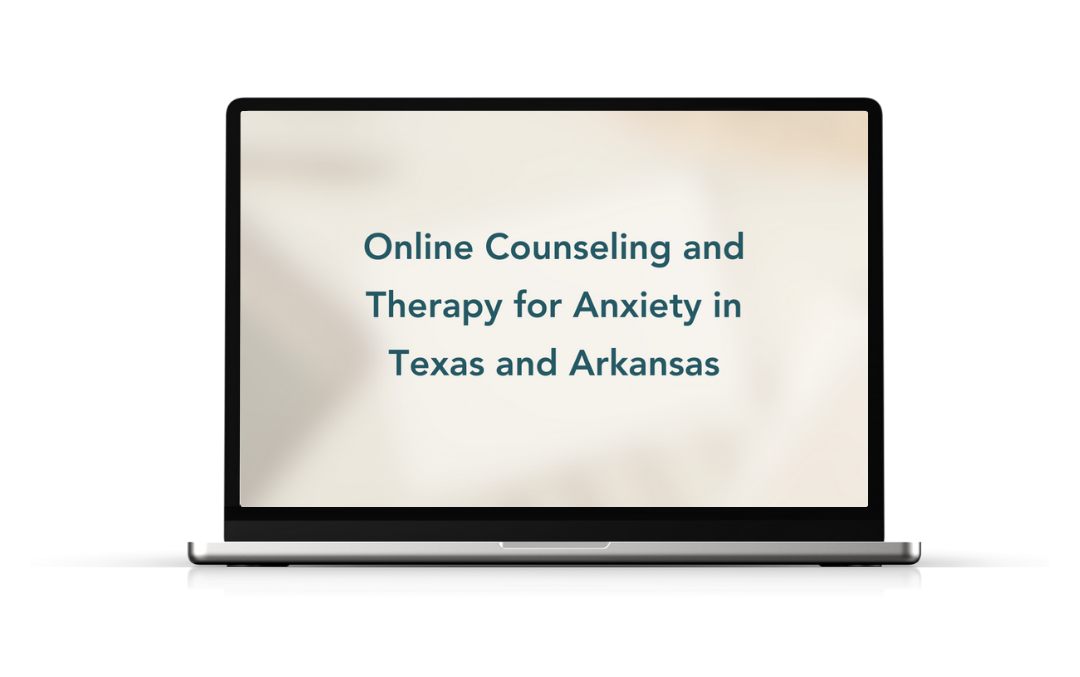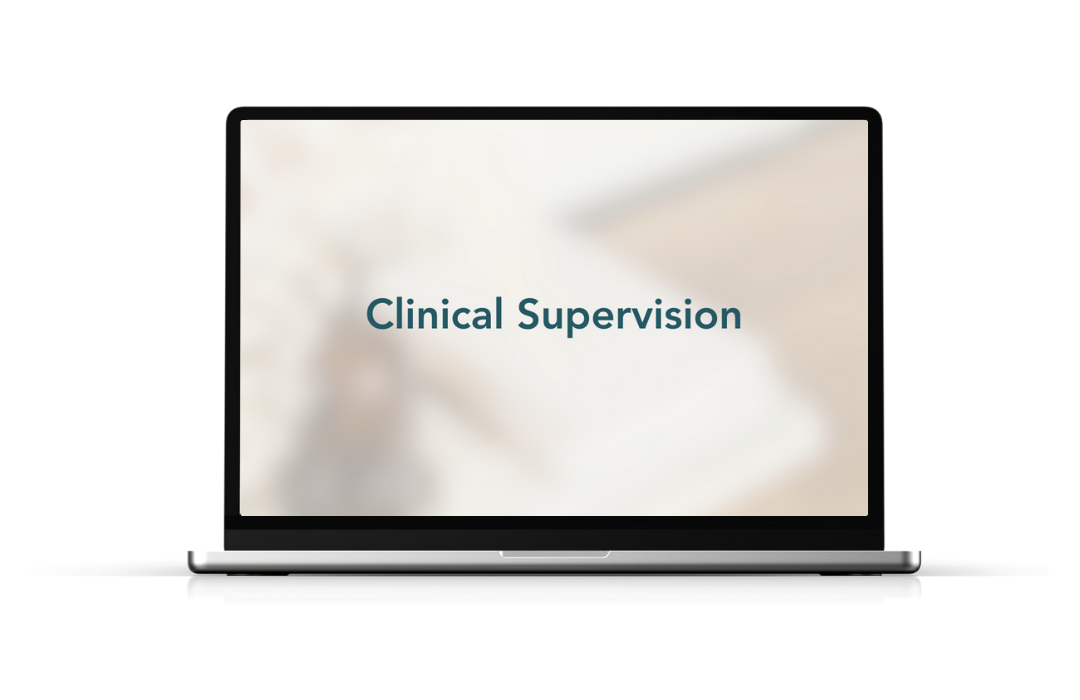OCD in teens: what every parent needs to understand
When you’re the one your family leans on, it can be heartbreaking to watch your teen struggle with something you don’t fully understand. You may notice her withdrawing, washing her hands until they’re raw, or panicking about tasks that used to be easy. Maybe she confides in you with trembling honesty, saying, “I know it doesn’t make sense, but I can’t stop.” As a mother, sister, or caring adult, your instinct is to fix it. But with OCD, the first step is understanding it—and making space for the messy, non-linear journey of healing.
At Happy Autumn Counseling, we know how deeply this hits home. We specialize in supporting women and teens with therapy for OCD in Texas and Arkansas—particularly first-generation Latinas—who are navigating anxiety, trauma, and obsessive-compulsive disorder through trauma-informed, culturally aware therapy. Whether you’re a teen reading this blog, silently wondering if what you’re experiencing is OCD, or a parent searching for tools to help, this space is for you.
What is OCD in teenagers?
Obsessive-compulsive disorder (OCD) is more than being tidy or needing things to be “just right.” For teenagers, it often means living with a relentless cycle of intrusive thoughts (obsessions) and ritualistic behaviors (compulsions) meant to ease the discomfort those thoughts bring. The tricky part? Those compulsions never offer lasting relief. Instead, they pull teens deeper into a cycle that disrupts friendships, sleep, school performance, and self-esteem.
Imagine being terrified that something awful will happen unless you check the stove five times, or wash your hands until they bleed. For teens, who are already managing school, social dynamics, hormones, and identity, OCD can feel suffocating. It’s not about attention or habits—it’s a battle with the mind they never asked for.

Understanding obsessions and compulsions
Obsessions are unwanted thoughts or mental images that feel intrusive and overwhelming. These might center on contamination, symmetry, harm, or even taboo topics. Compulsions are the mental or physical rituals teens perform to feel safe or in control—though often, it’s the OCD that’s in control.
Many teens don’t realize what they’re experiencing has a name. They might think they’re the only one rereading texts obsessively to avoid mistakes, or silently repeating prayers to keep loved ones safe. That’s why early education and awareness matter. Naming the experience is the first step toward reclaiming control.
How OCD shows up differently in teens
Teenagers are still learning how to express and process emotions, which makes OCD in this age group especially complex. It might look like:
- Excessive guilt or responsibility
- Avoiding friends for fear of “messing something up”
- Perfectionism that leaves them paralyzed
- Constantly asking if something is “okay” or if they’re a bad person
For first-gen Latinas, these symptoms can be wrapped in cultural layers. The pressure to excel, to not “cause problems,” or to meet family expectations can amplify the shame that OCD brings. That’s why culturally competent therapy isn’t optional—it’s essential.
Causes of OCD in teenagers
There isn’t one cause of OCD—it’s a complex interplay of biology, experience, and environment. But here’s what we do know:
Genetic, environmental, and neurological factors:
Teens with a family history of OCD or anxiety are more likely to develop it. Differences in brain chemistry, particularly serotonin regulation, also play a role.
Hormonal and developmental influences:
Puberty changes everything—from hormones to how teens interpret risk and responsibility. These shifts can heighten sensitivity to uncertainty, a core struggle for those with OCD.
Trauma and stress:
Experiences like bullying, parental conflict, immigration-related trauma, or even illness can activate OCD in teens who were previously asymptomatic.
Understanding what’s beneath the symptoms helps us create a treatment plan that’s both science-backed and deeply human.

Teenage OCD symptoms
OCD doesn’t always announce itself with clear signs. In fact, it often hides behind behaviors that look like common teen struggles. But when these patterns persist and cause distress, it’s time to look deeper.
Emotional signs:
- Persistent guilt or fear of doing harm
- Irritability or mood swings
- Low self-worth despite achievements
Behavioral signs:
- Repeating tasks or rituals (cleaning, checking, tapping)
- Avoiding certain people or places
- Excessive reassurance-seeking or confessing
Physical signs:
- Exhaustion or burnout
- Headaches or stomachaches from prolonged stress
- Insomnia from rumination
Misdiagnosis is common, especially with symptoms that resemble ADHD or generalized anxiety. That’s why working with a therapist trained in OCD is critical. Our clinical supervision in Texas ensures every member of our team delivers the highest standard of care.

What triggers OCD flare-ups?
Teens are navigating an intense world—and some stressors can magnify OCD symptoms:
- Academic pressure: Performance expectations can escalate perfectionistic behaviors.
- Social dynamics: Friendship shifts, breakups, or bullying can destabilize emotional safety.
- Cultural expectations: Straddling multiple identities can make teens feel like they’re never “enough” in any setting.
- Family changes or instability: Divorce, immigration, illness, or financial stress often exacerbate OCD symptoms.
Understanding these triggers helps us build a plan of care that anticipates—not just reacts to—what your teen needs.
How to treat OCD in teenagers
There’s no one-size-fits-all solution—but there is hope. OCD in teens is highly treatable with the right care.
ERP therapy for teens: Exposure and response prevention helps teens gradually face their fears while resisting the compulsive behavior. It’s uncomfortable at first—but over time, it teaches the brain that fear isn’t fatal.
CBT and family support: Cognitive behavioral therapy (CBT) helps teens reframe distorted thinking. Family involvement is key—supportive parenting styles and clear boundaries make a measurable difference.
Medication: In some cases, SSRIs may be part of the plan. A psychiatrist can help determine if this is necessary.
Our bilingual therapists offer online therapy for women in Dallas and their families. This includes culturally rooted care that resonates with our clients’ lived experiences.
Can OCD in teens go away?
OCD may not always disappear entirely—but with consistent treatment, it becomes manageable. Teens can go on to build meaningful friendships, succeed academically, and explore life without OCD dictating their every move.
Research on long-term outcomes: Early treatment with ERP and CBT leads to better outcomes and long-term resilience.
How therapy supports growth: Teens build emotional agility. They learn to sit with discomfort, challenge unhelpful thoughts, and find their voice.
Therapy is more than crisis management. It’s the foundation for a more peaceful, connected life.

How do I help my teenager with OCD?
You don’t need to have the perfect script. But your willingness to learn, listen, and support is already powerful.
What not to say:
- “Just stop.”
- “You’re being dramatic.”
- “You don’t seem like someone with OCD.”
Instead, try:
- “That sounds really hard. I’m here for you.”
- “Would you feel comfortable talking to a therapist?”
- “You don’t have to go through this alone.”
Explore our psychological immigration evaluations in Texas and family-based support services to see how we’re walking with women and teens through complex emotional terrain.
From chaos to clarity—there’s a way through
Whether you’re a teen battling intrusive thoughts or a parent piecing together signs you don’t yet understand—there’s hope.
You are not broken. You are not failing. And you are not alone.
At Happy Autumn Counseling, we offer trauma-informed, culturally grounded
therapy for OCD
that honors your story. Schedule a call to explore what healing could look like—for you, or your teen.
*AI Disclosure: This content may contain sections generated with AI with the purpose of providing you with condensed helpful and relevant content, however all personal opinions are 100% human made as well as the blog post structure, outline and key takeaways.
*Blog Disclaimer: Please note that reading our blog does not replace any mental health therapy or medical advice.
The content shared on this blog is for informational and educational purposes only and does not constitute therapeutic advice or a substitute for professional mental health services. Reading this blog does not establish a therapist-client relationship. If you are in need of mental health support, please seek help from a licensed professional in your area.

Hello! you
Welcome to Happy Autumn Counseling.
We are a virtual group practice of bilingual therapists passionate about supporting you through life’s challenges. Whether you’re dealing with anxiety, trauma, OCD, substance abuse, or any mental health issue, our goal is to help you regain control, tackle stress, and empower you to thrive.
Grab my free journaling workbook



